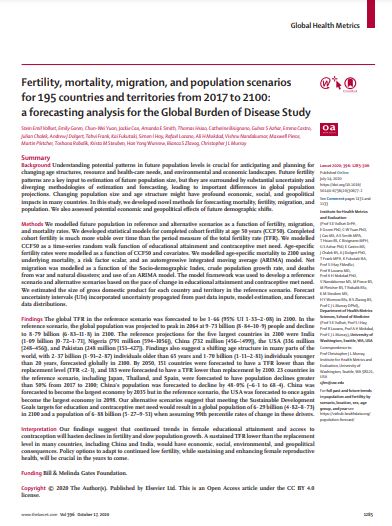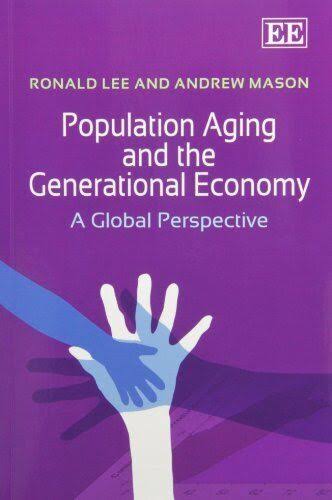Older Workers, Pension Reforms and Firm Outcomes
By Francesca Carta, Francesco D’Amuri & Till Von Wachter Using Italian matched worker-firm data, this paper quantifies the effect of an exogenous increase in older workers driven by an unexpected raise in statutory retirement ages on medium and large firms' input mix and economic outcomes. Data on lifetime pension contributions are used to calculate the expected additional number of older workers retained by each firm due to the pension reform. Instrumental variable estimates show an increase in older workers leads...










